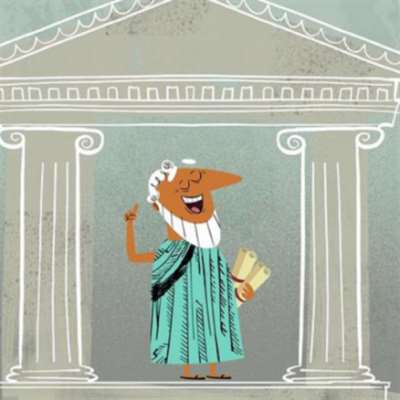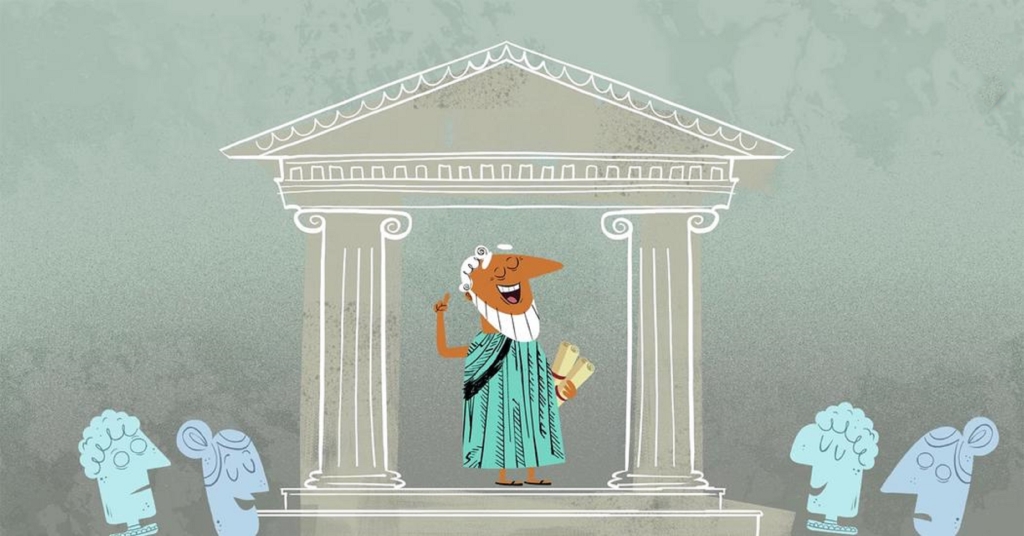
[ad_1]

The beginning was with Afif Othman and the title of his article: “The translation between the two places of trust and betrayal” in which he addressed the discussion of translation, arguing that it was never a transfer from one language to another, rather, it was education and commitment in the world, and it occupied an extended knowledge space. A bet and a presence in the course of cosmic history. It helps to understand an increasingly fragmented world and the translator is a busy traveler on a journey from another source in space and time. He showed how translation in colonial times was mixed with relations of power and control, noting that it was used as a tool of colonial domination and as a means to deprive colonialists of expressing themselves. Next, Othman referred to the opinions of some philosophers and researchers on the subject of translation, starting with the French researcher Antoine Berman, who defines translation in three dimensions: ethical, poetic and philosophical. On the ethical level, he cites the two questions of honesty and accuracy, while the French philosopher Barbara Cassin considers that translation means going to distant lands, and then we see each other from there, passing through the French philosopher Paul Ricoeur who considers that there is a challenge in translation, and an impossibility to serve two masters, and it calls for possession. The courage to adopt the well-known problem of sincerity and betrayal … even George Zinati, who considers that translating is not betrayal of opinion, but to enter or break into another’s house and bring it to ours. In his experience, all texts are translatable, and the Arabic language has a tremendous philosophical legacy, taking into account the change of meaning of some terms and the need to devise new words to change some of the connotations.
Afif Othman concluded by saying: “Dr. Zinati is our example in the sense that translation is a trust, not a betrayal. He sees hope in philosophy and considers it a rational lightning rod capable, in the darkest circumstances, of pointing out the side that leads to the path that leads to the happy ending, and that without it repression begins and the door of tyranny opens.
On the “relationship between translation and philosophy”, Zainab Anis Jaber spoke about various positions that combine translation and philosophy, and said that philosophy emerged -in the West as in the Islamic world- from the womb of Greece hand in hand one day, that is the translation. He showed the origins of the traditional silence of philosophers on translation by proposing some of their opinions, and pointed out that the history of the West attests to the danger of producing and spreading new ideas, and their transmission in Latin times was based on a theological hierarchy of languages. , which resulted in the stigmatization of the inferior translation. Western philosophers did not find an article worthy of discussion in it, whereas in Islamic culture the target language was the language of divine revelation, that is, the Arabic language, due to its association with the Holy Quran.
Jaber also dealt with translation issues among philosophers, including traditional dualities, the state of the source text, and the multiplicity of meanings. He pointed out that the relationship between translation and philosophy has to do with the ethical aspect, which is reflected in the concept of “reliability”. He distinguished between the emergence of the translation movement in the Islamic world and the experience of the West, highlighting that we continue to demand traditional honesty in the translation schools of our country despite the fact that the West itself presented critical models for it, considering that the concept of trust with its proposed approaches does not address the problems that annoy the religious translator in general, and the Muslim in particular. These approaches fall into the category of what might be called a “horizontal trust” that has severed its relationship with heaven and does not meet the needs of the religious community.
In conclusion, Zainab Jaber suggested adopting “vertical trust” as an alternative to horizontal trust, which aims to help the translator reconcile his personal and professional ethics, offering loyalty to God and religion above all other loyalties. . He stressed that this proposal needs extensive research to delve into its details and build its foundations.
Translation was used at one time as a tool of colonial domination
The conclusion of the seminar was with Ahmed Majed, with an article under the title “Philosophical translation as a philosophical verb”, which dealt with Al-Farabi’s experience in translating the philosophical term and his translation strategy. He dealt with the discussion on philosophical translation, and said that many questions about what it is are at the heart of philosophical production because it goes beyond the original text as it was presented in his own society, and reproduces and adapts it to the receiver in a different environment. He then talked about language and how it developed within the framework of human communication until it reached us, explaining that it reflects the human experience in the world, the environment, and the environment.
On the relationship between pronunciation and meaning, Majid explained that language is expressed in words and there is an organic relationship that unites them. Al-Farabi’s epistemological vision prioritized and fixed meaning, while words belong to the world of particles, and there must be a symbolic tool that he uses to exchange information with others. He considered that the difference in languages stems from human experience, while the meaning is from ordinary human nature.
Majid indicated that Al-Farabi asks for an understandable translation that tries to integrate the text translated from one language to another within the mentioned terms. According to Al-Farabi, it is wrong to imagine that the translation process is a transfer of words, because it leads to a defect within the linguistic system to which the text is transmitted. But if there is no similar term in the primary of the speech among the audience, then it is correct to transfer the term from the original language to the language into which it is translated, provided that it is subject to the rules in force with them, so that it can be incorporated into the context of the civilization that is transmitted to him. He referred to some terms to which Al-Farabi applied his vision and philosophy, including the words “philosophy” and “philosopher.” Majid considered that this matter, despite its importance, shows that Al-Farabi has accepted the act of switching from the Greek language to the Arabic language.
He concluded by saying, “The translation process does not have to be based on words, but on meaning. Therefore, the translator must look for the meaning associated with studying the syntactic and syntactic structures of the text to determine the intended purpose.”
Subscribe to «News» on YouTube here